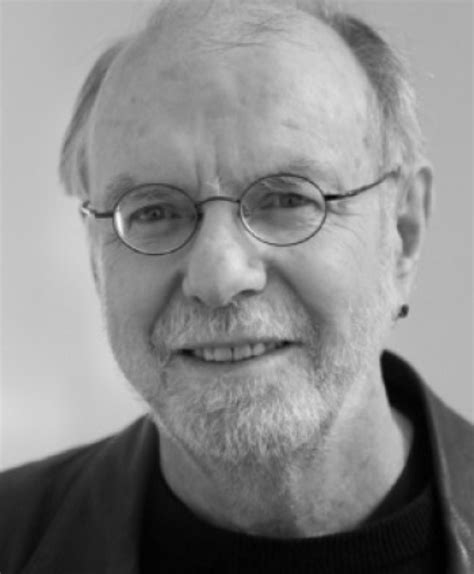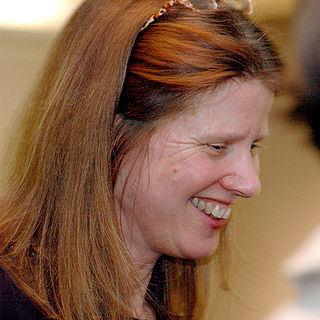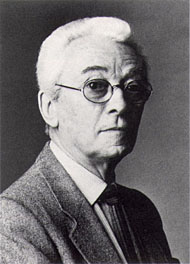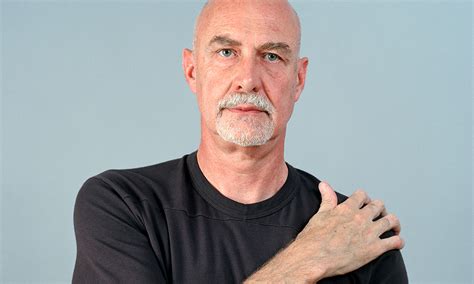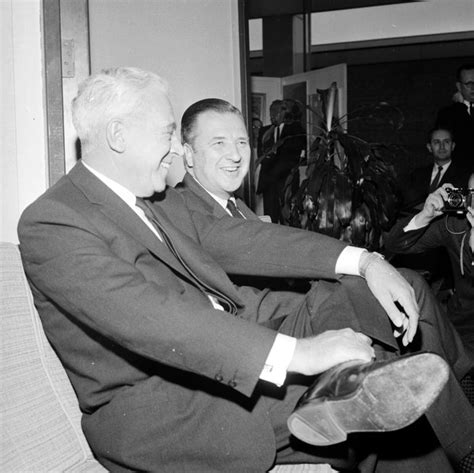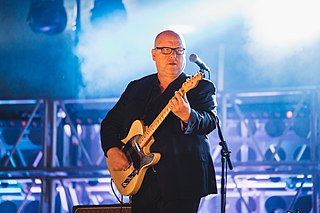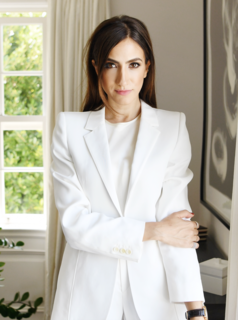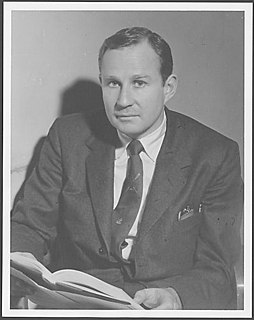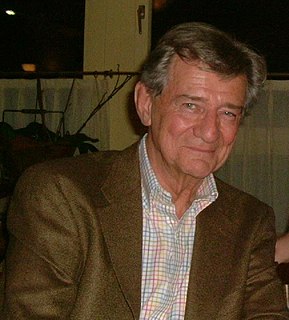A Quote by W. J. T. Mitchell
Images are not only visual. They're also auditory, they involve sensuous impressions, bundles of information that come to us through our senses, and mainly through seeing and hearing: the audio-visual field.
Related Quotes
I feel that every day, all of us now are being blasted by information design. It's being poured into our eyes through the Web, and we're all visualizers now; we're all demanding a visual aspect to our information. There's something almost quite magical about visual information. It's effortless; it literally pours in.
There will be scenes in a movie where people are walking through the park, or through a forest, and you're seeing the flickering leaves around them, and they're walking, but you're also hearing their words. It's an interaction between where they are and what they're saying that's both visual and verbal.
I'm a big fan of fiction film where you have a story and you have to transform that into a visual language, basically working with actors and also transforming that into how you pronounce that in the visual language of the shots, the construction of the shots and the lighting. All of that appealed to me from the beginning of my career at the university. When I graduated from the university, I wanted to deal mainly with that, with the visual aspect of the movie.
Intuition was not just visual but also auditory and kinesthetic. Those who watched Feynman in moments of intense concentration came away with a strong, even disturbing sense of the physicality of the process, as though his brain did not stop with the grey matter but extended through every muscle in his body.
